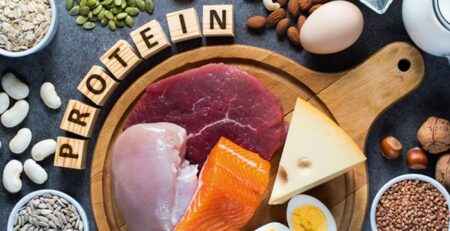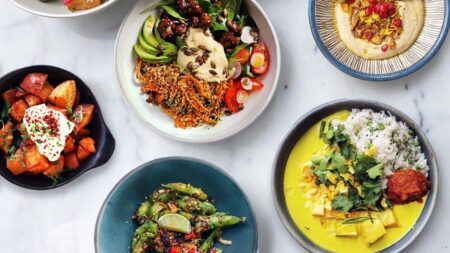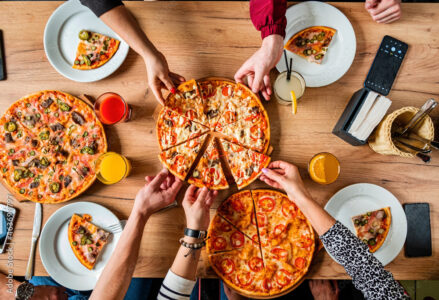The word “protein” is one of the most misunderstood and misrepresented nutrients in today’s health-conscientious society. Due to a general lack of basic biological understanding, a lot of misgivings arise when proteins are mentioned. Familiarising yourself with the fundamentals of proteins will enable you to make better food choices and reach your nutrition goals.
Because protein structure and synthesis is a very in-depth and complex process, this blog gives a very brief overview.
Protein, like fat and carbohydrates, is an essential part of our diet. There are different types and functions of proteins in the body. Just like muscle mass, hormones and enzymes, hair, nails, blood and mucus are all composed of proteins, but not the same type of protein. This means proteins differ in function and composition.
What is protein?
Protein is a nutrient made up of building blocks called amino acids. Amino acids can work individually or synthesise together to make proteins. Depending on the number and sequence of amino acids, the function of the protein changes. Two amino acids might make a hormone, 3 amino acids can make enzymes and 21 amino acids will make a muscle.
Amino acids can be synthesized in the body but some, called essential amino acids, cannot. They need to be obtained from the diet.
Protein quality is a term used to describe the type of protein within a food group or substrate. The higher the number of essential amino acids (in the correct ratio for human consumption), the higher the quality of the protein is.
What is a muscle then?
To build human muscle tissue we need 21 specific types of amino acids within the diet daily. If we don’t consume all 21 amino acids, within a 24hr period, we will not be able to build muscle tissue. This means you are pumping iron for nothing.
Let’s say last Monday you did not eat the right type or enough proteins, but you are hoping to build some abs or run The Two Oceans. What happens then when you start strenuous exercise?
The body registers that, although there was some form of protein in the food, it was not sufficient to build muscle mass. Once training commences, the body will “steal” other sources of protein to accommodate the increase in muscle activity (because a working muscle needs to be fed). This can be other muscle groups, skin, hormones or any other sources of proteins that can be spared in the system.
This means retardation in muscle production. Also, long-term consequences can arise such as ageing of the system, reduced skin tone, slower hormone production and a weakened immune system.
What is the right protein to eat?
The adage “you are what you eat” is applicable to proteins. To have muscle you need to eat muscle. Any form of animal meat contains the exact amount and type of proteins needed to sustain and synthesise human muscle mass (i.e animal meats are of a high protein quality). If you consume excess amounts of meat (within reason) and do not exercise, the surplus proteins will be broken down and used for other protein processes. Nothing is wasted.
Although most other food groups contain proteins they neither contain the right type nor enough proteins to build human muscle tissue. Protein complementation is when vegetarians and vegans combine two or more vegetable food groups to achieve the right amount and type of proteins essential to the human body (including muscle mass production). The problem with this is that most vegetable groups that contain certain proteins are high in carbohydrates. So, although the necessary proteins may be achieved the caloric intake exceeds the amount necessary for weight maintenance.
The end result is that animal meats (including eggs) are the most complete sources of protein needed for muscle synthesis. Meats also contain the lowest caloric values per protein ratio (regarding lean meats and no yolk).
Quick points
- There are many different types and functions of proteins
- Food groups vary in protein quantity and quality
- The right type of protein is needed to build muscle mass
- Not eating enough proteins will age and weaken the system.
- Animal meats are the highest protein vs lowest caloric intake (lean meats only)




